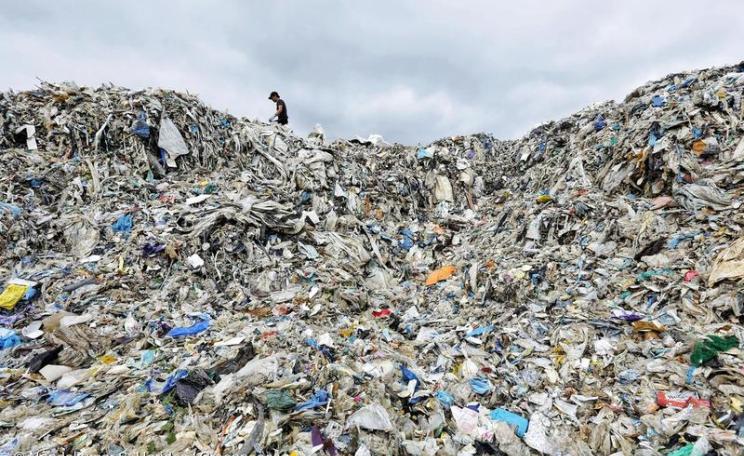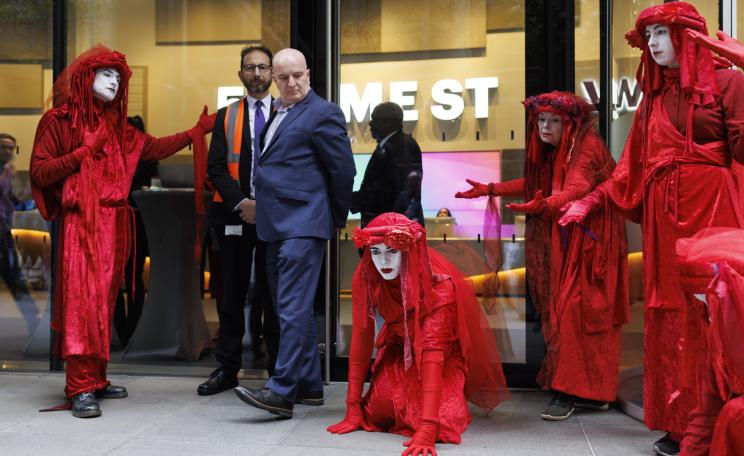Buglife is disappointed that once again, a site of SSSI quality is going to be lost while Natural England stood by without acting to protect it, like an ostrich with its head in the sand.
The fate of a key insect habitat in Essex could have been different if Natural England had gone ahead with plans to designate it as a Site of Special Scientific Interest (SSSI), according to campaigners at Buglife.
The government last week gave the go-ahead to the Tilbury 2 project, which will see a new port terminal built on the site of the former Tilbury Power Station on the north bank of the River Thames in Essex.
The site is one of the nation’s best brownfield sites for invertebrates, Buglife says. Among the 1,397 species of insect using the site are 159 species designated as being of conservation importance, and 31 of which are rare and threatened.
Natural England
The insects effected include the Shrill carder bee (Bombus sylvarum), Brown-banded carder bee (Bombus humilis), Sea aster mining bee (Colletes halophilus) and Five-banded weevil-wasp (Cerceris quinquefasciata), according to Buglife.
These species and the unique habitats which support them are now expected to be lost for ever, it says. Some 75,000 members of the public signed a petition led by the charity to save the wildlife on the site.
The loss could have been avoided if the government’s conservation body, Natural England, had followed its own advice that the site was of high enough quality to be designated a SSSI, which would have given it extra protection in the planning system, it said. Natural England had said it would add the site to its pipeline of designations, but never progressed the site, Buglife claimed.
Jamie Robins, projects manager at Buglife, criticised the decision in the light of a recent scientific study warning of a massive decline in insects worldwide: “Buglife is disappointed that once again, a site of SSSI quality is going to be lost while Natural England stood by without acting to protect it, like an ostrich with its head in the sand.
"Unless Natural England step up and fulfil their duty to protect our best wildlife sites, we are going to continue to lose our precious invertebrate species.”
Aidan Lonergan, Natural England area manager for West Anglia, said: “Natural England is aware of the importance of wildlife on this site and we will continue to work closely with developers to understand the challenges and opportunities posed by these plans.
“We are committed to protecting our country’s precious wildlife and will continue to work with partners such as Buglife to achieve this.”
This Author
Catherine Early is a freelance environmental journalist and chief reporter for the Ecologist. She can be found tweeting at @Cat_Early76.







